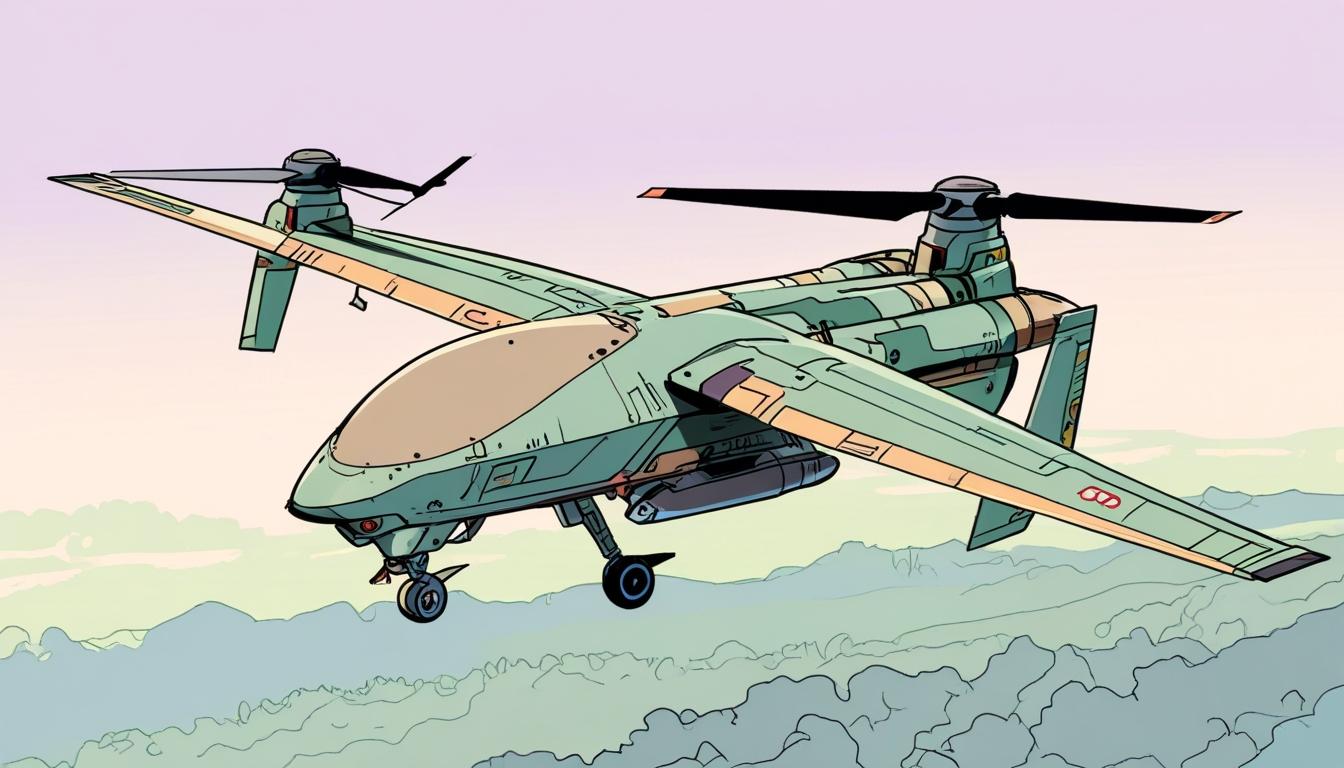As tensions over Taiwan escalate, the global community faces a complex and high-stakes situation involving regional security, economic stability, and the future of warfare technology. Taiwan's strategic importance is underscored by its pivotal role in the global semiconductor supply chain, producing advanced microchips that power everything from everyday consumer electronics to sophisticated military systems. A disruption in this supply chain—potentially caused by conflict—could unsettle the global economy and alter geopolitical power balances significantly.
The possibility of a Chinese invasion of Taiwan carries profound implications. Such an event would threaten not only the security of the region but also global stability, given Taiwan’s economic and technological significance. Democracies worldwide watch closely, aware that the outcome could influence the preservation of democratic principles amid confrontations with authoritarian regimes. The U.S., in particular, regards Taiwan’s sovereignty as vital for both strategic and ideological reasons, raising urgent questions about the adequacy of current defense preparations against such a scenario.
One of the critical challenges lies in the comparative pace of military modernization. While the U.S. defence sector grapples with updating aging technologies and accelerating innovation, China has made rapid strides in expanding its military capabilities and industrial production scale. This disparity could lead to challenges in countering adversaries with superior numbers and resources through traditional defence methods reliant on manpower and conventional hardware.
Into this breach steps the transformative potential of artificial intelligence (AI) and autonomous systems, which promises to recast the landscape of modern defence. Tech visionary Palmer Luckey, founder of the defence technology company Anduril, highlights that AI-driven defence systems—ranging from autonomous drones to data-processing platforms like Lattice—enable faster decision-making, enhanced precision targeting, and scalable responses that do not depend on matching the adversary’s industrial output or troop numbers. Speaking in a presentation covered by Geeky Gadgets, Luckey described this suite of technologies as an “AI arsenal” that could offer a critical edge in deterring aggression without escalating into full-scale war.
These systems enable a strategic shift from conventional to technological mobilisation reminiscent of industrial wartime efforts but focused instead on rapid data processing and autonomous action. Autonomous platforms can operate independently or complement human operators, improving effectiveness in dynamic and high-pressure combat environments. Examples of such technology include counter-drone systems designed to neutralise aerial threats and augmented reality tools for soldiers that enhance real-time situational awareness.
The overarching goal behind integrating AI in defence is deterrence—not just through brute force but by imposing prohibitive costs on adversaries contemplating aggression. This approach fosters a balance where human decision-making is augmented, not replaced, by AI, ensuring that ethical considerations remain central to military strategy.
The ethical dimension is profound. Deploying AI in warfare raises questions about responsible use, minimising collateral damage, and building trust among military personnel, policymakers, and the public. Embedding ethical frameworks into AI development ensures the technology supports human judgement and accountability while maintaining operational effectiveness.
Looking ahead, the fusion of AI and autonomous systems in defence realms is seen as vital for maintaining global stability. By advancing innovation and ensuring democratic nations lead in these technologies, there is potential to prevent authoritarian states from gaining decisive technological advantages. The future of defence, as emphasised by experts like Luckey, lies in collaboration—between nations, industry, and advanced technologies—harnessing the strengths of both human ingenuity and machine intelligence to address complex challenges.
This evolving AI arsenal represents not only a new chapter in warfare but a strategic tool with significant implications for global peace and security, reflecting the dynamic interplay of technology, ethics, and international relations as the world navigates an uncertain future.
Source: Noah Wire Services
